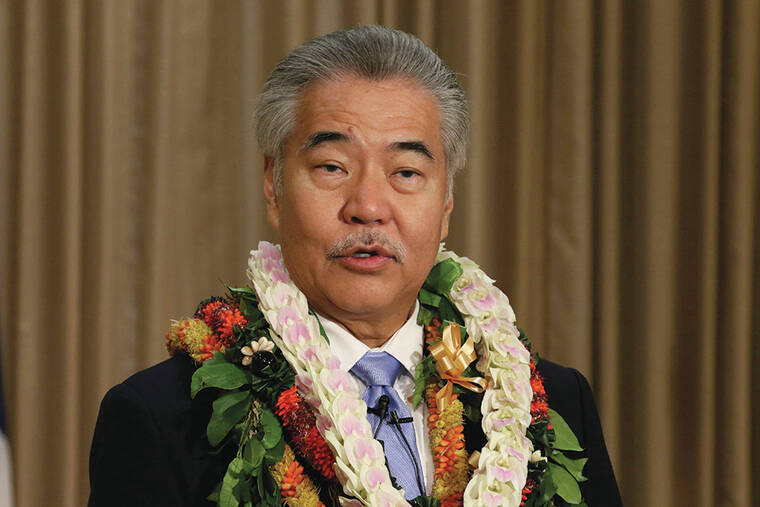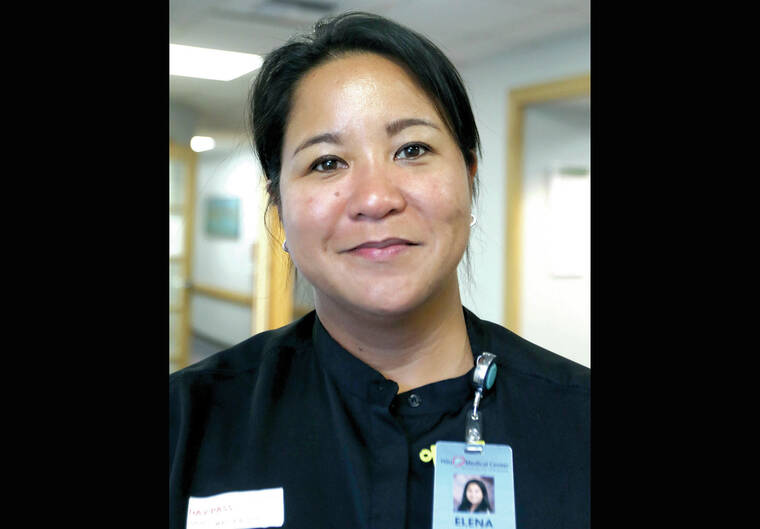To address a nursing shortage statewide, Gov. David Ige on Thursday signed an emergency rule authorizing out-of-state nurses to temporarily practice here without a Hawaii license.
The rule is effective immediately for a period of no longer than 120 days, and all qualified nurses will have a valid authorization to practice for a 90-day period after confirmation.
“The COVID-19 virus continues to create a strain on the state’s health care system, with hospitals throughout our communities reporting serious staffing challenges and conditions,” Ige said in a statement. “This action addresses the immediate peril to public health and ensures that medical professionals may focus on providing critical care to patients.”
Hilo Medical Center and most other hospitals in Hawaii have for about the past month reported a consistently high number of patients in the facilities. At HMC, which is overcapacity, this has resulted in weekly internal meetings to address the crisis.
“The governor’s emergency proclamation is welcome news. However, it is a Band-Aid on the big issue in front of us,” HMC spokesperson Elena Cabatu said after Ige’s announcement. “We look forward to long-term solutions to this ongoing issue.”
Cabatu noted the emergency ruling will help with securing more out-of-state nurses, but she also favors improving the overall nurse licensing process.
“It affects new nurses looking for jobs to get them licensed and also affects our ability to bring in travel nurses in a timely manner,” she said. “A long-term solution to making the process of licensing nurses more efficient would be more encouraging for nurses who want to move here and find work.”
The high number of patients at HMC includes 33 waitlisted patients hoping to secure a spot in a long-term care facility, many of which are still operating at 30% capacity due to COVID restrictions.
“The high census is not just about COVID,” Cabatu said. “It’s across-the-board illnesses that are coming at us from every direction. Young, old, everything, including COVID. It’s a whole system issue.”
HMC nurses have taken on additional roles and work shifts to help alleviate the situation.
“Right now, we have veteran nurses who have taken on more administrative roles in the hospital, whether they are doing quality management or training in the electronic medical records,” Cabatu said. “They’re pulling additional shifts, working on the floors, and assisting the working staff there.
“Existing nursing staff are taking additional shifts, too, so this is a short-term solution to the high census issue.”
HMC is working on additional solutions to help with the shortage, including a paid nurse aide training program and doubling the current nurse residency program.
“Having people work overtime and do additional work in addition to their primary responsibilities, it’s a short-term solution,” she said. “We wouldn’t be surprised if this is just a sign of the current situation, or the new norm.”
Email Grant Phillips at
gphillips@hawaiitribune-herald.com.




